Holiday pay is not mandated under the Fair Labor Standards Act (FLSA), even if the office is closed for the day. The federal law only mandates pay for time worked, which does not include holidays and vacations. But that doesn’t mean you shouldn’t consider offering paid holidays as a benefit.
On average, companies in the private sector give their employees about eight paid holidays a year. Typically, the paid holidays are New Year’s Day, Memorial Day, Independence Day, Labor Day, Thanksgiving Day, the day after Thanksgiving (Black Friday), and Christmas. Many companies will also close early or schedule half days for the day before a holiday. Especially on Christmas Eve and New Year’s Eve.
The public sector is a little bit more generous with their holiday schedules. Those lucky people get a few additional days, MLK Day, President’s Day, Columbus Day, and Veterans Day.
FLSA also does not mandate premium pay for people that work on a holiday. Even if your organization gives time-off on a holiday and closes the office. But, it is a good faith practice to give some type of compensation for those that work while other employees are off for the holiday. Time and a half or double-time is pretty common practice to compensate those who do have to work. It’s a good incentive for the retail industry to get people to want to work on a holiday.
Just because the norm is eight holidays, doesn’t mean you have to offer the same.
Offering additional or unique holidays can be the added perk that attracts talent to your organization.
Floating Holidays
Floating Holidays are a good benefit to offer if you only want to stick to the six US federal holidays, but still gives employees the flexibility to celebrate their own holidays. Two days a year is pretty standard. Most treat them like additional PTO days that have to be scheduled in advance but do not roll over or not paid out at separation.
Unique and Quirky Holidays
Also, think about the culture of your organization. Do you want to be perceived as the quirky office or an innovative company? Or maybe you want to be seen as putting your people first. Consider adding a unique holiday, like the day after the Superbowl. Especially if your home team made it to the championship (I mean we know everyone is going to be sick that day anyway). Or give people their birthday off. Treat it like a floating holiday, but renaming it to celebrate your employee’s birthday gives the feeling you care.
Flexible Holidays
To support a more diverse and inclusive culture, consider letting employees choose their holidays. Spotify recently updated their policies to allow employees to swap their holidays for another day. This could actually be a benefit for organizations that need support 24/7. Especially, if your company conducts business internationally. But make sure it fits business needs and your organization’s culture.
Holidays could be a perk that you’re under-utilizing. It can be a cost-affordable way to create a unique benefit to increase your employer branding.
An HR dashboard is the tool you need to calculate, track, and manage your HR data and metrics. Sign up today for a free demo of our automated HR dashboard.












